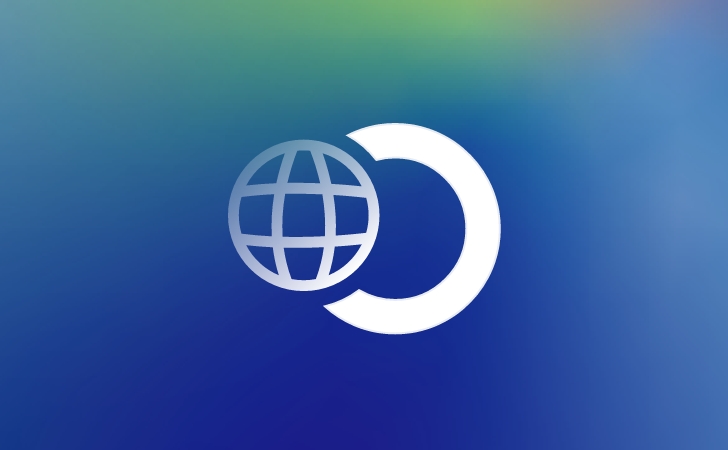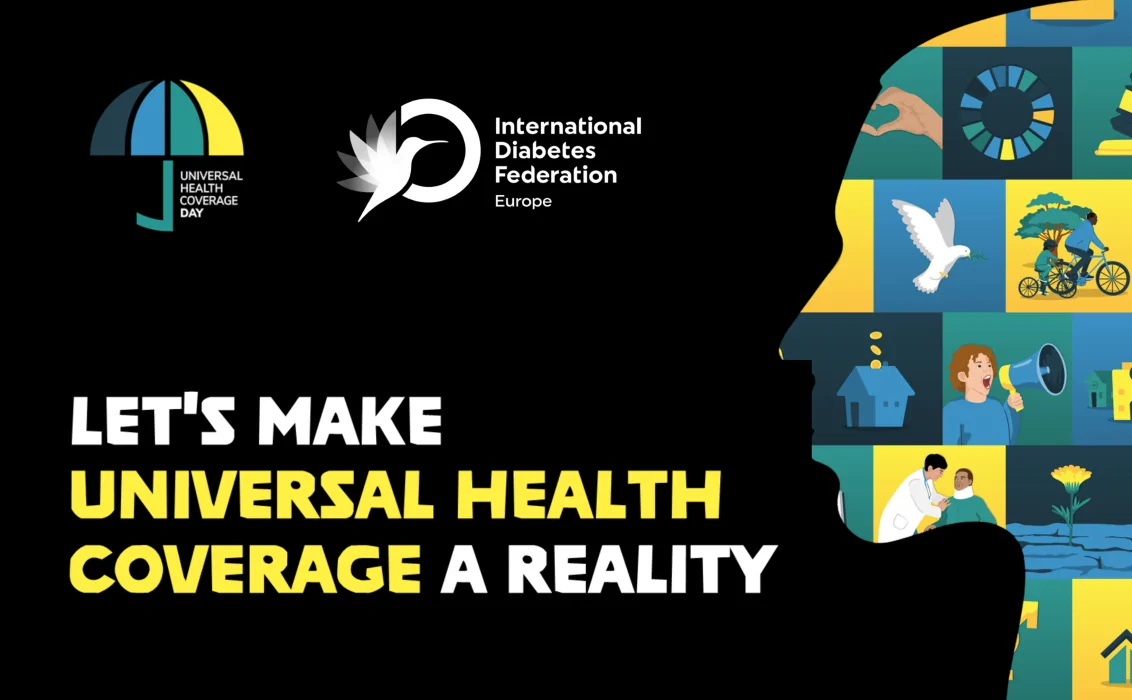Non-Communicable Diseases, including cancer and diabetes, are among the World Health Organization’s “Ten threats to global health”. Worldwide, some 18 million people develop cancer every year , and 463 million people live with diabetes (PwDs), many of whom will also develop cancer or live with another NCD at some point in their life.
It is estimated that about 1 in 5 people with cancer (20%) also have diabetes. Some types of cancer, such as pancreas, primary liver cancer and bowel cancer, can increase the risk of developing diabetes and people with diabetes are more at risk of developing certain types of cancer, such as cervix and stomach for type 1 diabetes whilst people with type 2 diabetes have an increased risk of developing liver, pancreatic, colorectal, endometrial, breast and bladder cancer .
On this World Cancer Day, the European region of the International Diabetes Federation (IDF Europe) calls for action to tackle the predicted rapid increase of these two pandemics and the burden of their complications. As cancer and diabetes share many common risk factors, efficient prevention strategies and policies addressing social, environmental and commercial determinants of health must be prioritized on the public health agenda at the national, regional and international levels.
Conducive environments for adopting healthy lifestyles, opportunities for early diagnosis, clinical assistance to manage the two conditions, education programmes for patients and healthcare providers, and the availability of community support should be encouraged by governments, as we aim, together, to inspire responsible behaviour in all individuals. This cross-cutting approach will also greatly contribute to achieve World Cancer Day’s motto “I am and I will”.
“Having dealt with type 1 diabetes for more than half my life, I felt I was better prepared for the ups and downs that being diagnosed with brain cancer in my twenties entailed. Being educated, empowered, emotionally equipped and supported helped me tackle an additional NCD. In living with both conditions, however, I have seen first-hand that we need to start treating people like more than just a collection of organs. We need a person-centered healthcare that also focuses on supporting, educating, and engaging patients, and takes into account that they might be living with more than one condition”, says Cajsa Lindberg, President of the Swedish Diabetes Association, NCD advocate, lived experience of type 1 diabetes and brain cancer
This statement is echoed by Dr José Manuel Boavida – President of APDP Diabetes Portugal, and member of the Board of IDF Europe who confirms that “The fight against cancer in people with diabetes is much better achieved by people who have good education about the disease and can avail themselves of emotional support. This knowledge and support increases self-esteem and a sense of control over one’s life, and helps adopt a positive outlook in the struggle against the disease”.
On this 20th World Cancer Day, the diabetes community adds it voice to the international cancer community in inspiring changes, challenging perceptions, increasing engagement and implementing prevention and care at individual, national and international levels.
We wish you all a successful World Cancer Day! pdf available here: World Cancer Day 2020



